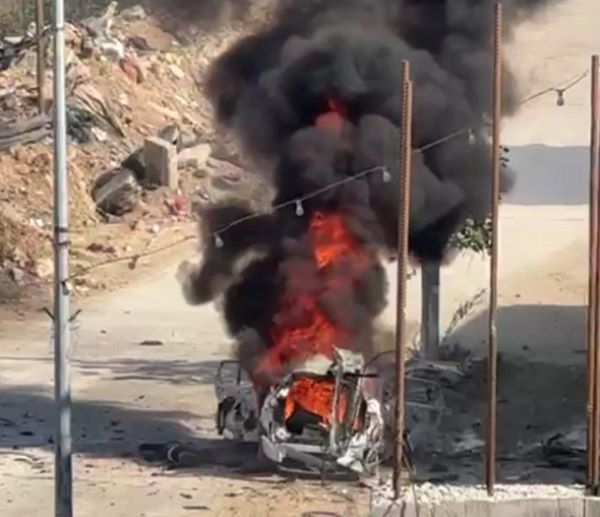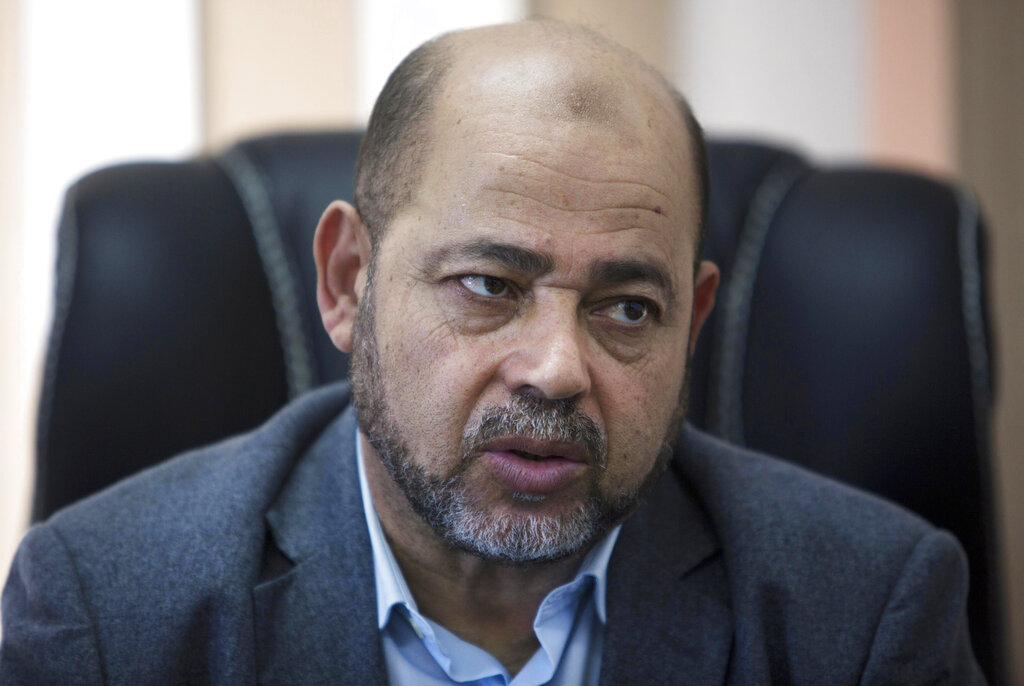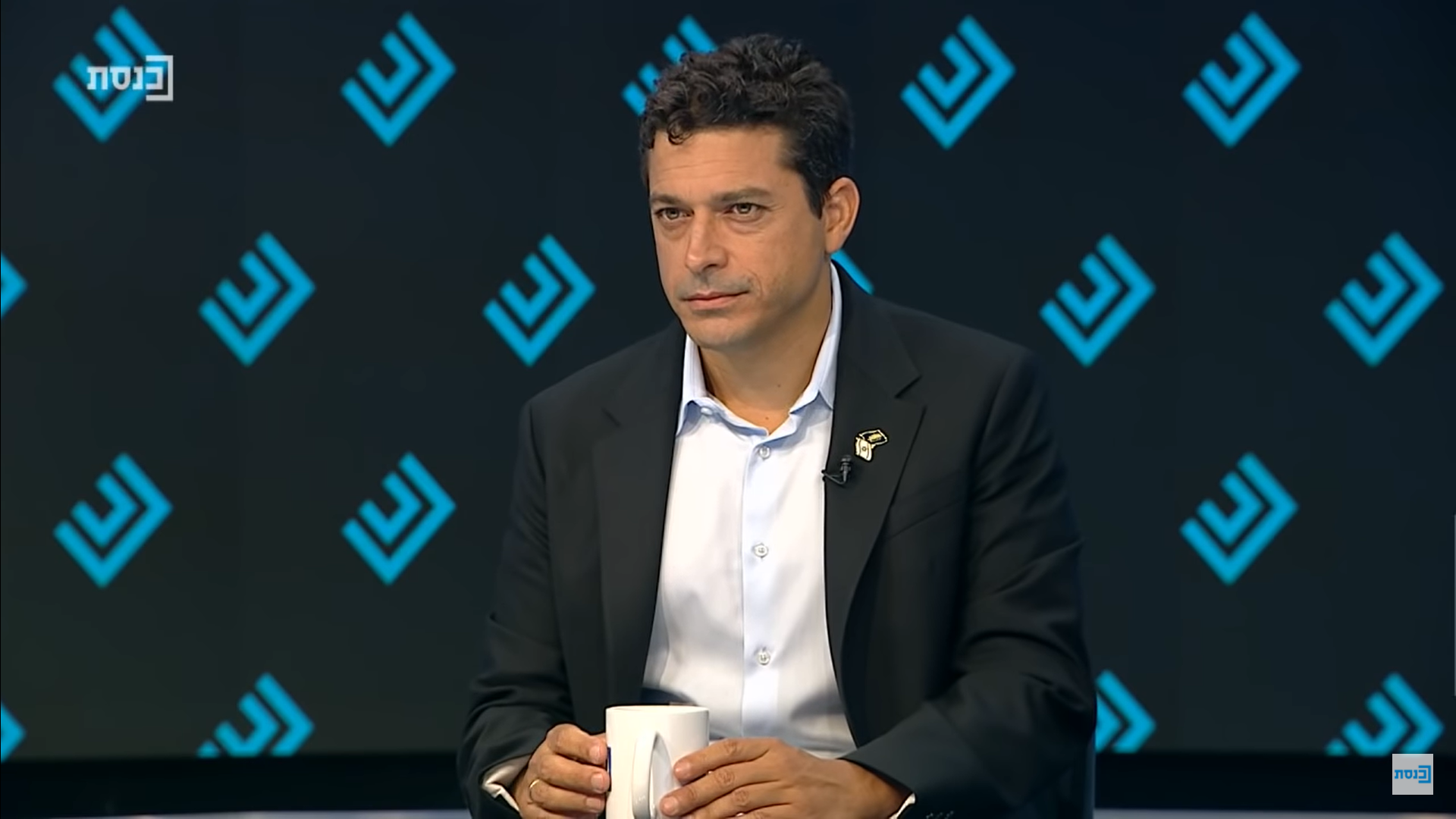ARTICLE AD BOX
Their reasons for opposing the decorated attorney’s appointment to Virginia’s largest public university remain unknown, as no arguments enumerating concerns about Marcus’ beliefs, conduct, or political affiliations have been put forth.
By Dion J. Pierre, The Algemeiner
Democrats in Virginia have launched an effort to block several appointees of Republican Gov. Glenn Youngkin, including a Jewish civil rights attorney who was picked for an important post at George Mason University (GMU) that would see him continue reforming the school’s handling of antisemitism.
In the summer of 2024, Youngkin selected Kenneth Marcus — chairman of the Louis D. Brandeis Center for Human Rights Under Law, former assistant US secretary of education for civil rights, and one the most consequential litigants in the fight to eradicate campus antisemitism — to serve on GMU’s Board of Visitors, a role in which he has addressed longstanding issues affecting Jewish GMU students, including recent threats to their safety that were widely reported in the media.
However, Marcus’ appointment came while Virginia’s General Assembly, a bicameral legislature which has the final say on gubernatorial appointees, was in recess.
While he served in the unpaid role, it was never confirmed by lawmakers.
That left the door open for his appointment to be rejected, the first steps towards which took place earlier this week when Senate Democratic members of the privileges and elections committee, a body which oversees appointments and submits them to the General Assembly for a final vote, removed his name from a joint resolution containing the names of appointees whose confirmation is pending.
Their reasons for opposing the decorated attorney’s appointment to Virginia’s largest public university remain unknown, as no arguments enumerating concerns about Marcus’ beliefs, conduct, or political affiliations have been put forth.
The Democrats’ opposition to his appointment came as a surprise, Marcus, a native of northern Virginia, told The Algemeiner on Thursday during an interview.
“No one in the Virginia Senate reached out to me to express any concerns, so I don’t know what the issue is. There is nothing that I have done during my tenure at George Mason that has been particularly controversial other than that I have been both active and outspoken in addressing antisemitism,” Marcus explained.
“It would be disturbing if my work on antisemitism has been controversial with the General Assembly because the actions that we’ve been taking have been both legally required and necessary.”
He continued, “What’s happening at George Mason is deeply concerning, and there has absolutely been a need to take serious action. That work has been important, but it is also ongoing and is by no means done. Much, much more needs to be done.”
As previously reported by The Algemeiner, George Mason University has been the center of two investigations involving the potential for mass casualty events motivated by antisemitism.
In December, a GMU student was permanently trespassed and arrested in Falls Church, Virginia for allegedly planning to manufacture a weapon of mass destruction for use in a jihadist attack on Israel’s General Consulate in New York City.
FBI agents apprehended the student, GMU freshman and Egyptian expatriate Abdullah Ezzeldin Taha Mohamed Hassan, after he had allegedly discussed his plot, in which he considered a variety of options for creating as many Jewish casualties as possible, with an undercover informant.
Hassan’s case was the second time in less than a month that GMU students were arrested due to suspicion that they were preparing to commit a mass casualty event.
Earlier that month, the university criminally trespassed and suspended two siblings — the current co-president and former president of Students for Justice in Palestine (SJP) — after a law enforcement search of their off-campus home uncovered “four weapons unsecured, along with more than 20 magazines with 30 bullets each,” Hamas paraphernalia, and “arm patches” which said “kill them where they stand” — a phrase others have translated as “kill Jews where they stand.”
Additionally, George Mason University is currently under investigation for a series of antisemitic incidents which took place on campus after Hamas’s Oct. 7 massacre across southern Israel.
In one widely reported outrage, a pro-Hamas student stormed through the campus tearing down posters of missing Israeli hostages who were kidnapped by Hamas.
That student was filmed, and when an attempt was made to expose their identity, the university accused the student who captured the hateful behavior of doxxing and suggested that he could be punished.
At the time, many Jewish students said that the idea that the university would discipline anyone for unmasking antisemites is startling and disreputable.
Given the immensity of the issues that remain to be addressed, Marcus hopes that “cooler heads will prevail” in the General Assembly. He recognizes, however, that they may not.
“I have to think that cooler heads will prevail and that the General Assembly assembly will change course, but I don’t know that,” he said.
“There’s still time and I know that many people are having conversations and that’s a healthy part of the process. I am a volunteer part-time public servant asking questions and trying to make sure that George Mason students are well educated and kept safe. If my name is not restored presumably that means that my tenure would end and I would not receive answers to the questions I’ve been asking and would no longer have an opportunity to work to protect George Mason University and its students.”

 19 hours ago
4
19 hours ago
4









 English (US) ·
English (US) ·